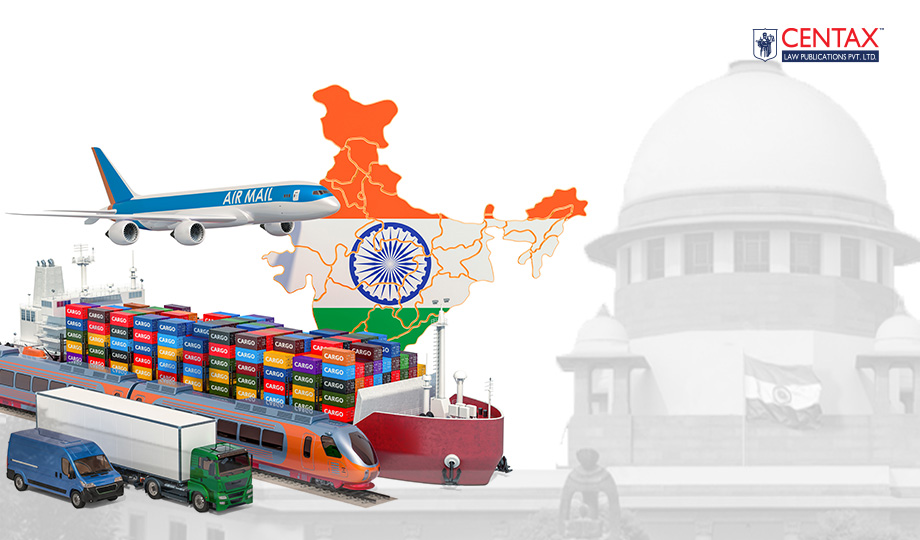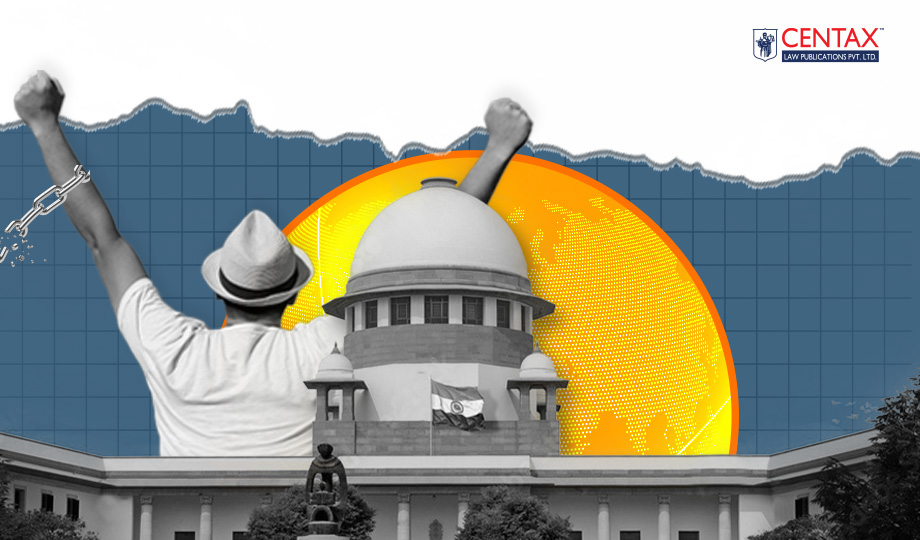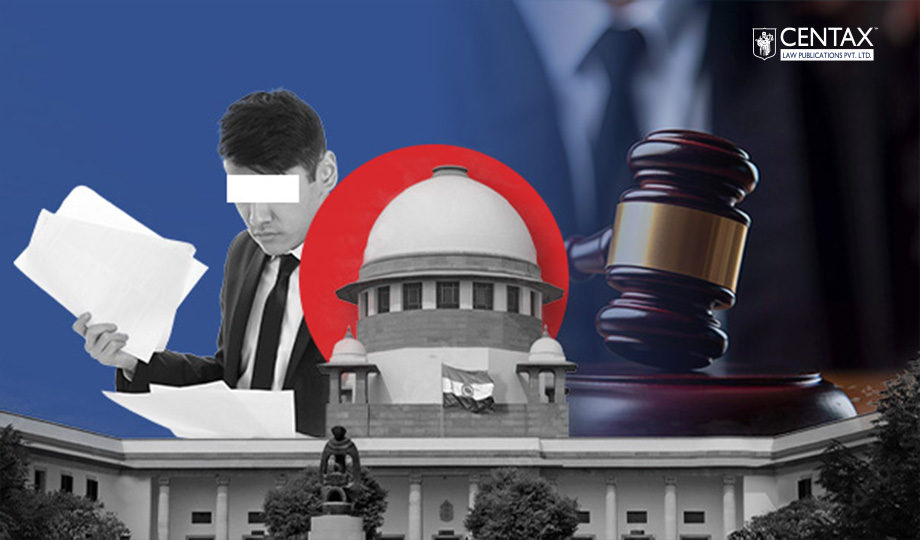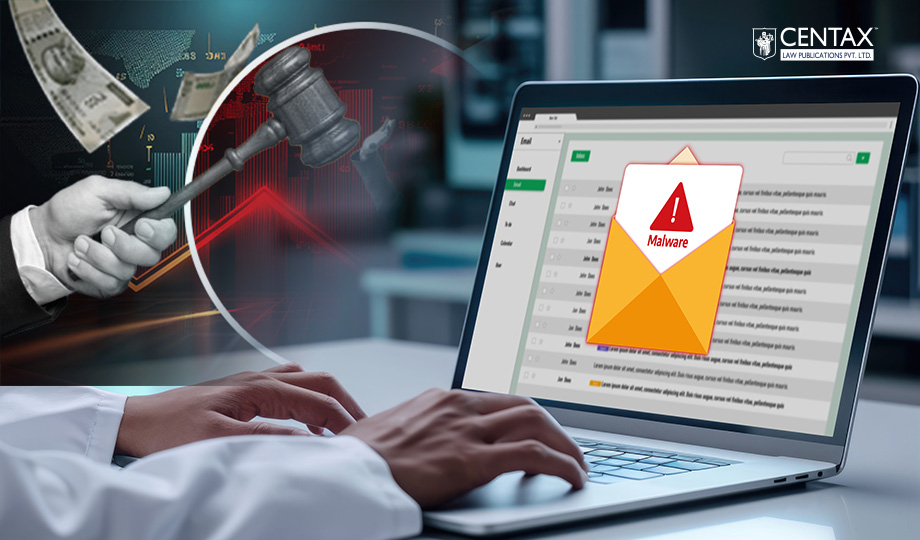
Press Release, Dated 25-09-2025
1. Introduction
The Central Board of Indirect Taxes and Customs (CBIC) has issued a press release announcing the launch of the Goods and Services Tax Appellate Tribunal (GSTAT) in New Delhi. The inauguration was led by the Union Minister of Finance and Corporate Affairs, Smt. Nirmala Sitharaman. The establishment of GSTAT is a landmark development in India’s indirect tax framework, aimed at providing taxpayers with a specialised and transparent forum for resolving GST disputes.
2. Structure and Features of GSTAT
The Tribunal has been established as a specialised nationwide forum designed to deliver fair, efficient, and transparent adjudication of disputes under the GST law. It is structured to ensure accessibility and clarity by delivering plain-language, jargon-free decisions. GSTAT has also adopted simplified formats, standardised checklists, and digital-by-default filing systems, with facilities for virtual hearings. Clear time standards have been set for listing cases, conducting hearings, and pronouncing orders, ensuring predictability in the dispute resolution process.
3. Bench Composition and Cooperative Federalism
The functioning of GSTAT will be carried out through a Principal Bench in New Delhi along with 31 State Benches across 45 locations. Each Bench will comprise two Judicial Members, one Technical Member from the Centre, and one Technical Member from the State. This balanced composition provides both legal and technical expertise while embodying the spirit of cooperative federalism in tax adjudication.
4. Launch of GSTAT e-Courts Portal
Alongside the Tribunal, the CBIC also announced the launch of the GSTAT e-Courts Portal, developed in collaboration with GSTN and NIC. This digital platform enables taxpayers and practitioners to file appeals online, track case progress, and participate in hearings virtually. To manage orderly filings, a system of staggered submission of appeals has been permitted until 30 June 2026. To further assist taxpayers, comprehensive guidance has been issued in the form of FAQs, explanatory notes, and instructional videos on registration, filing, digital hearings, and case tracking.
5. Conclusion
The establishment of GSTAT and its supporting digital infrastructure marks a significant step toward strengthening trust between taxpayers and tax administration. By reducing legal frictions, ensuring consistency in interpretation, and making dispute resolution more predictable, GSTAT is expected to enhance ease of doing business and promote taxpayer-centric governance. With its emphasis on fairness, efficiency, and transparency, GSTAT is poised to become a cornerstone of India’s GST dispute resolution system.




















